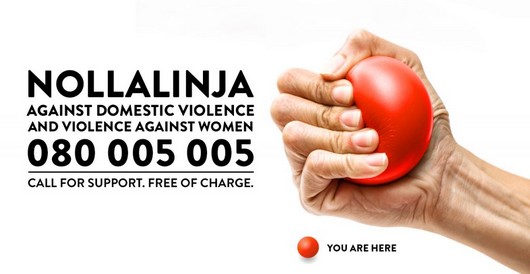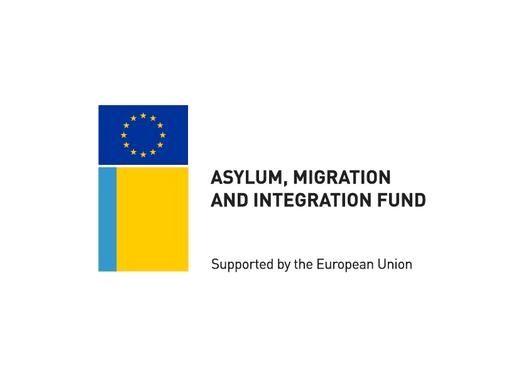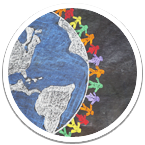Honour-related violence
Violence related to honour is not tied to a certain country, ethnic group or religion; instead, it occurs across global communities, particularly in patriarchal cultures. Different cultures and communities also define the concept of “honour” in various ways. It depends on aspects such as ethnic backgrounds, gender, status and wealth. Key factors underlying the phenomenon include a strong sense of shame and a fear of losing one’s honour rather than honour itself.
The honour-related violence or a threat thereof may be based on dating that the victim’s relatives or family do not accept, divorce or refusal to marry, wearing clothes considered immodest, or mere rumours of immorality. Violence may occur as strictly limiting the victim’s movement and circle of friends, threats, pressuring or even killing the victim.
Although honour-related violence is closely entangled with the perceived modesty of women and girls, boys and men can also fall victim to it. Homosexual men can be particularly vulnerable to this form of abuse.
A need for information about the rights to bodily integrity
Honour-related violence is often also supported by the community in which it occurs. This means that the acts of violence are approved and the members of the community may even considerably pressure the men in a family to commit acts that are considered to protect morality. Women may also contribute to sustaining an order that controls the women in their community.
People from different cultures need information about their personal rights to bodily integrity and independent decision-making, and of valid legislation and obligations. Parents and communities also need information about the effects of harmful traditions and related legislation. A confidential and appreciative customer relationship enables questioning harmful traditions.
Different cultures have different values and norms related to sexuality and dating. Indeed, it is important that young people are provided with sufficient knowledge of sexuality and intimate relationships in a timely manner. Those living under a threat of honour-related violence or encountering this are always in need of help.
Cooperation carried out with different cultural and religious communities provides one way for influencing people’s attitudes. In communal cultures, it is also important to provide information to entire communities and to carry out preventive work in collaboration with the significant members of the community (incl. tribe elders and imams).
At present, traditional Finnish criminal law does poorly in identifying communal forms of violence that has multiple perpetrators and is often more likely to consist of ongoing processes rather than individual deeds. In fact, honour-related violence often remains invisible in criminal proceedings.
More information
The activities by DIDAR is to encourage immigrant communities to engage in a dialogue about harmful honour-related traditions and to increase awareness between different parties. DIDAR organises discussion groups, activity groups, dialogue workshops, camps and other events. DIDAR is part of the Violence and Crisis Intervention Unit of Setlementti Tampere ry.
DIDAR
SOPU is part of the activities of Loisto setlementti ry. SOPU’s work aims at preventing the conflicts and violence related to concepts of honour in families and communities.
SOPU

Nollalinja
Nollalinja provides help in nine different languages.
There is a chat service on the website.
Professionals can also consult with Nollalinja.





